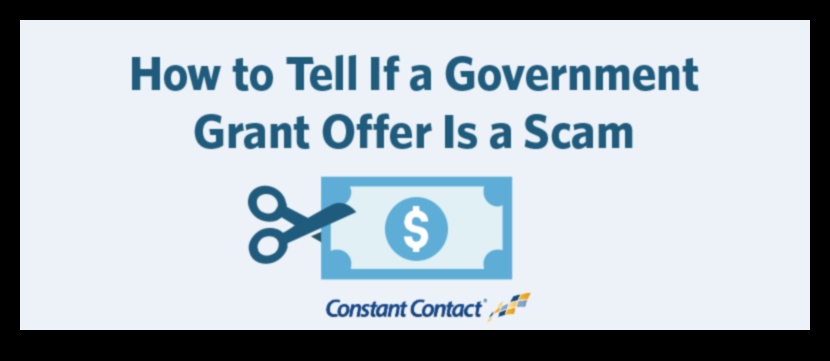
How to Tell if a Grant is Legitimate
Grant scams are on the rise, and it can be difficult to know if a grant is legitimate or not. This guide will help you spot the red flags and protect yourself from being scammed.
What is a fake grant?
A fake grant is a scam that preys on people who are looking for financial assistance. Scammers will often pose as legitimate organizations and offer grants that don’t exist. They may also ask for personal information or money in exchange for the grant.
How to spot a fake grant
There are a few things you can look for to spot a fake grant. These include:
- The grant is offered by an unfamiliar organization.
- The grant application process is too easy or too quick.
- The grant requires you to pay a fee or provide personal information.
- The grant is offered for a specific purpose that you don’t qualify for.
- The grant is offered by an organization that has a history of scams.
Red flags to look for
In addition to the specific warning signs listed above, there are a few general red flags that you should look for when considering a grant. These include:
- The grant is offered in a language that you don’t understand.
- The grant is offered by an organization that doesn’t have a website or social media presence.
- The grant is offered by an organization that has a negative reputation.
- The grant is offered by an organization that is located in a foreign country.
Common scams
There are a number of different types of grant scams that are commonly used. These include:
- The sweepstakes scam: This scam involves sending people unsolicited emails or letters claiming that they have won a grant. The scammers will then ask for personal information or money in order to claim the prize.
- The government grant scam: This scam involves posing as a government agency and offering grants to people who are looking for financial assistance. The scammers will then ask for personal information or money in order to process the grant.
- The scholarship scam: This scam involves posing as a scholarship organization and offering scholarships to students. The scammers will then ask for personal information or money in order to apply for the scholarship.
What to do if you think you’ve been scammed
If you think you’ve been scammed by a grant, there are a few things you can do. First, you should report the scam to the Federal Trade Commission (FTC). You can do this online at ftc.gov/complaint or by calling 1-877-FTC-HELP. You should also contact the organization that offered the grant and let them know that you believe you’ve been scammed.
How to protect yourself from fake grants
There are a few things you can do to protect yourself from fake grants. These include:
- Only apply for grants from legitimate organizations.
- Do your research before applying for a grant.
- Never pay a fee to apply for a grant.
- Never provide personal information or financial information to a grant organization that you don’t trust.
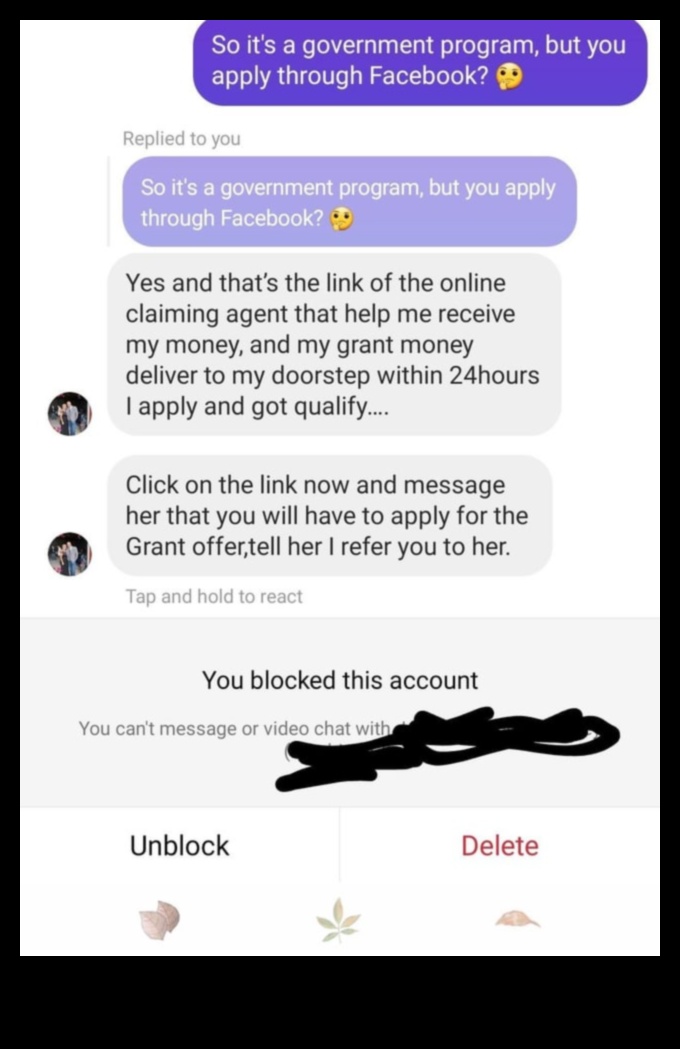
II. What is a fake grant?
A fake grant is a fraudulent offer of money or other assistance that is made in the name of a legitimate organization. Fake grants are often used to scam people out of their money or personal information.
Fake grants can be difficult to spot, but there are a number of red flags that you can look for. These include:
- The grant is offered by an organization that you have never heard of.
- The grant application process is very short or easy.
- The grant is offered for a very large amount of money.
- The grant is offered for a project that is not related to the organization’s mission.
- The organization asks for your personal information, such as your social security number or credit card number.
If you are unsure whether a grant is legitimate, you should do your research before applying. You can check the organization’s website to make sure that it is legitimate and that it has a history of awarding grants. You can also contact the organization directly to ask about the grant.
III. How to spot a fake grant
There are a number of red flags that you can look for to spot a fake grant. These include:
* The grant is offered by an unknown or unverified organization.
* The grant application process is too easy or too quick.
* The grant promises a large amount of money or a guaranteed award.
* The grant requires you to pay a fee or provide personal information.
* The grant is associated with a suspicious website or email address.
If you are unsure whether a grant is legitimate, you can contact the organization that is offering the grant to verify its authenticity. You can also check with the Better Business Bureau or the Federal Trade Commission to see if any complaints have been filed against the organization.
Here are some additional tips for spotting fake grants:
* Do your research. Before you apply for a grant, take some time to research the organization that is offering it. Make sure that the organization is legitimate and that it has a good reputation.
* Read the fine print. Before you sign any grant application, be sure to read the fine print carefully. Make sure that you understand all of the terms and conditions of the grant, including the amount of money that you will receive, the length of the grant, and any other requirements that you must meet.
* Be wary of unsolicited offers. If you receive an unsolicited offer for a grant, be wary. Scammers often use unsolicited offers to trick people into giving them their personal information or money.
If you think that you have been the victim of a grant scam, you should report it to the Federal Trade Commission (FTC). You can file a report online at ftc.gov/complaint or by calling 1-877-FTC-HELP.
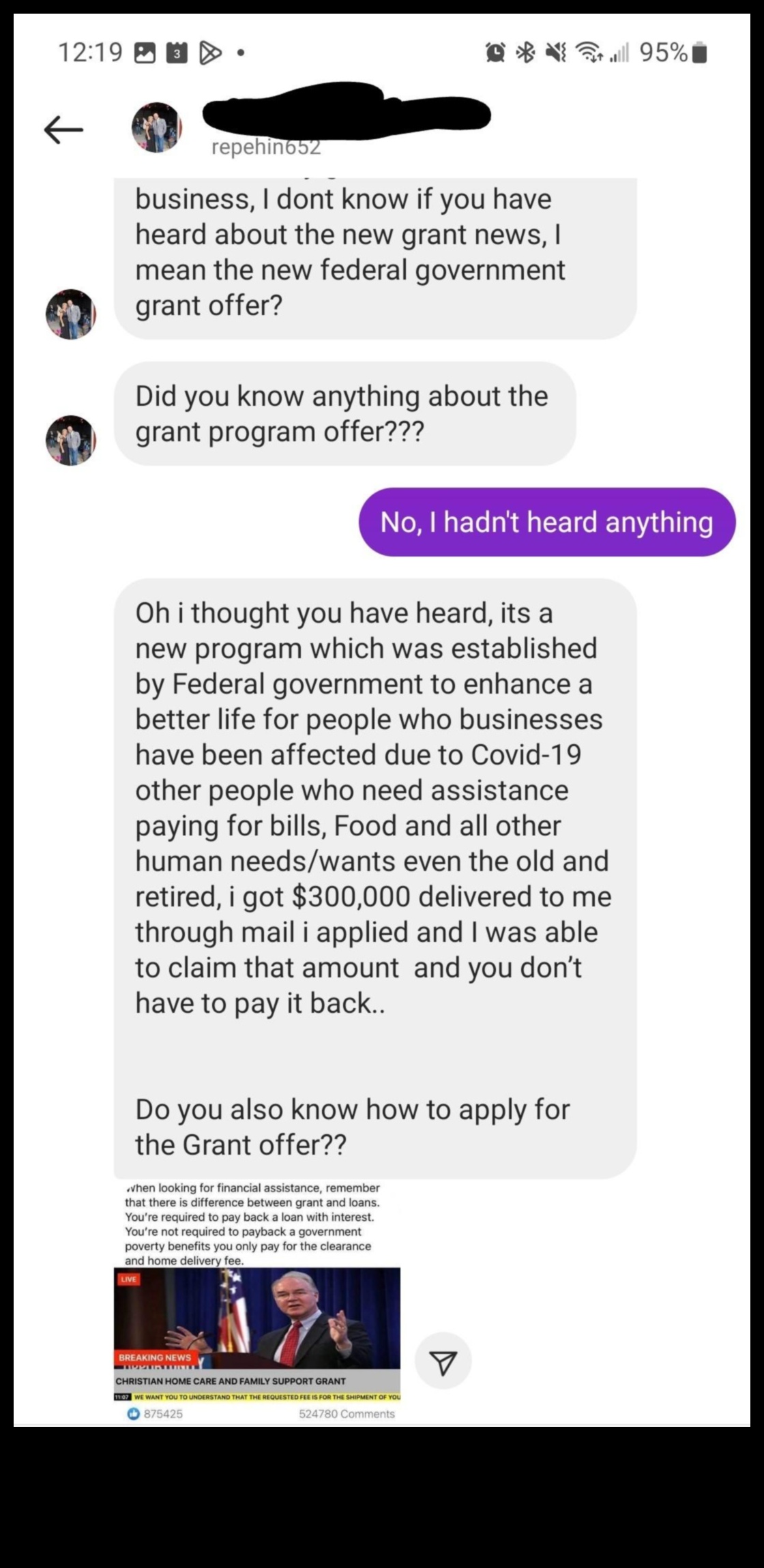
How to spot a fake grant
There are a number of red flags that you can look for to help you spot a fake grant. These include:
* The grant is offered by an unknown or unverified organization.
* The grant application process is too easy or too quick.
* The grant requires you to pay a fee upfront.
* The grant is offered for a specific product or service that you are not interested in.
* The grant is offered by a company that you have never heard of.
* The grant is being promoted through spam emails or social media posts.
If you are unsure whether a grant is legitimate, you can do some research to verify its authenticity. You can check the organization’s website to see if it is registered with the government or accredited by a recognized body. You can also contact the organization directly to ask about the grant and its application process.
It is important to be vigilant when it comes to fake grants. By doing your research, you can protect yourself from being scammed.
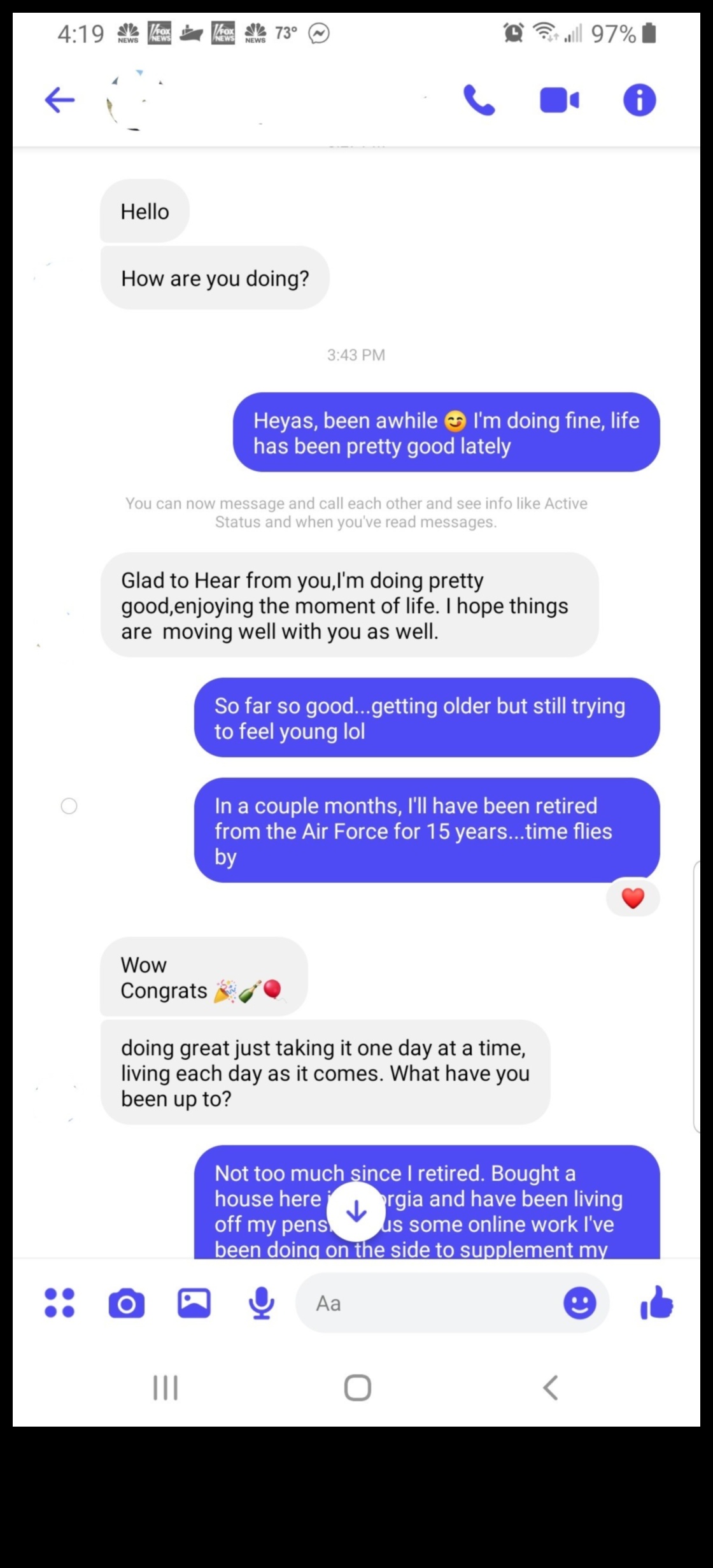
V. Common scams
There are a number of common scams that are associated with grants. These scams can vary in their sophistication, but they all share the goal of stealing money from unsuspecting victims.
Some of the most common grant scams include:
- Fake grant applications: Scammers will often create fake grant applications that look legitimate. They may use logos and websites that are similar to those of real grant organizations, or they may even pose as representatives of real grant organizations. These scammers will then ask for personal information or money from victims in order to process their applications.
- Imposter scams: Scammers will often pose as representatives of real grant organizations in order to contact victims. They may call, email, or text victims and claim that they have been awarded a grant. These scammers will then ask for personal information or money from victims in order to process their grants.
- Ponzi schemes: Ponzi schemes are a type of investment scam in which scammers promise high returns on investments. They often target people who are looking for ways to make money quickly. Ponzi schemes often involve the use of fake grant applications or imposter scams.
It is important to be aware of these common scams in order to protect yourself from becoming a victim. If you are ever unsure about whether or not a grant is legitimate, you should do your research before providing any personal information or money.
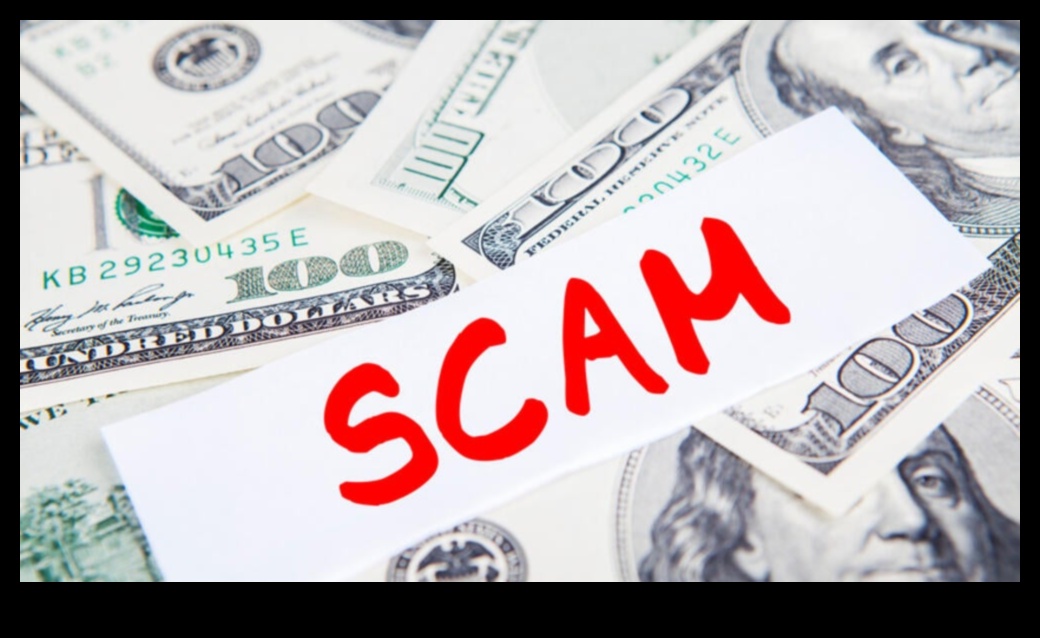
How to spot a fake grant
There are a number of red flags that you can look for to spot a fake grant. These include:
- The grant is offered by an organization that you’ve never heard of.
- The grant application process is very short and easy.
- The grant is for a large amount of money.
- The grant is offered for a specific purpose that you don’t qualify for.
- The grant requires you to pay a fee in order to apply.
- The grant is offered by an organization that is located in a foreign country.
If you’re ever unsure whether a grant is legitimate, you can always contact the organization that is offering it to verify its authenticity.
VII. How to protect yourself from fake grants
Here are some tips to help you protect yourself from fake grants:
- Only apply for grants from legitimate organizations.
- Do your research before applying for a grant.
- Beware of any grant that asks for your personal information or money upfront.
- If you have any doubts about a grant, contact the organization directly to verify its legitimacy.
By following these tips, you can help protect yourself from falling victim to a fake grant scam.
Resources
Here are some resources that you can use to learn more about fake grants and how to protect yourself from them:
- FTC Tips on Avoiding Grant Scams
- SBA Blog: Scam Alert: Fake Grants and Loans
- Consumer.ftc.gov: How to Spot and Avoid Grant Scams
- Grants.gov: Grant Scams and Fraud
- Charity Navigator: Search for Charities
- BBB Wise Giving Alliance: Search for Charities
IX. FAQ
Q: What is a fake grant?
A: A fake grant is a scam that offers money to people in exchange for personal information or payment.
Q: How can I spot a fake grant?
A: There are a number of red flags that you can look for when trying to spot a fake grant. These include:
- The grant is offered by an unknown or unverified organization.
- The grant requires you to pay a fee in order to apply.
- The grant promises to give you a large amount of money for little or no work.
- The grant asks you to provide personal information, such as your Social Security number or bank account number.
Q: What are some common scams?
A: There are a number of common scams that are associated with fake grants. These include:
- The lottery scam: This scam involves sending people fake letters or emails that claim they have won a lottery. The letters or emails usually ask for a fee in order to claim the prize.
- The sweepstakes scam: This scam involves sending people fake letters or emails that claim they have won a sweepstakes. The letters or emails usually ask for a fee in order to claim the prize.
- The government grant scam: This scam involves sending people fake letters or emails that claim they are eligible for a government grant. The letters or emails usually ask for a fee in order to process the grant application.
Q: What should I do if I think I’ve been scammed?
A: If you think you’ve been scammed, there are a few things you can do:
- Contact the Federal Trade Commission (FTC). The FTC is the government agency responsible for protecting consumers from fraud. You can file a complaint with the FTC online at ftc.gov/complaint or by calling 1-877-FTC-HELP.
- Contact the Better Business Bureau (BBB). The BBB is a nonprofit organization that helps consumers resolve disputes with businesses. You can file a complaint with the BBB online at bbb.org or by calling 1-800-955-5100.
- Contact the state attorney general’s office. The state attorney general’s office is responsible for enforcing consumer protection laws in your state. You can find the contact information for your state attorney general’s office online at naag.org.
Q: How can I protect myself from fake grants?
There are a few things you can do to protect yourself from fake grants:
- Only apply for grants from legitimate organizations. You can find a list of legitimate grant-making organizations on the Foundation Center website (foundationcenter.org).
- Be wary of any grant that requires you to pay a fee in order to apply. Legitimate grants do not charge application fees.
- Do not provide personal information, such as your Social Security number or bank account number, to organizations that you do not know or trust.
- Be suspicious of any grant that promises to give you a large amount of money for little or no work.
Q: What is the difference between a scholarship and a grant?
A scholarship is a financial award that is given to students who meet certain criteria, such as academic achievement or financial need. A grant is a financial award that is given to organizations or individuals to support a specific project or program.
Q: How do I know if a scholarship or grant is legitimate?
There are a few things you can look for to determine if a scholarship or grant is legitimate. These include:
- The scholarship or grant is offered by a reputable organization.
- The scholarship or grant has clear and specific criteria for eligibility.
- The scholarship or grant is awarded on a competitive basis.
- The scholarship or grant does not require you to pay a fee to apply.
If you have any questions about the legitimacy of a scholarship
FAQ
Q: What is a fake grant?
A: A fake grant is a fraudulent offer of money or other benefits that is made in the name of a legitimate organization.
Q: How can I spot a fake grant?
A: There are a number of red flags that you can look for when you’re evaluating a grant offer. These include:
- The offer is unsolicited.
- The organization is not well-known or reputable.
- The application process is quick and easy.
- The grant amount is too good to be true.
- The organization asks for personal information that is not relevant to the grant application.
Q: What should I do if I think I’ve been scammed?
A: If you think you’ve been scammed by a fake grant, there are a few things you can do:
- Report the scam to the Federal Trade Commission (FTC).
- File a complaint with the Better Business Bureau (BBB).
- Contact your local law enforcement agency.
You can also take steps to protect yourself from fake grants in the future. These include:
- Only apply for grants from legitimate organizations.
- Do your research before applying for a grant.
- Beware of unsolicited grant offers.
- Never share personal information with a grant organization that you don’t know.